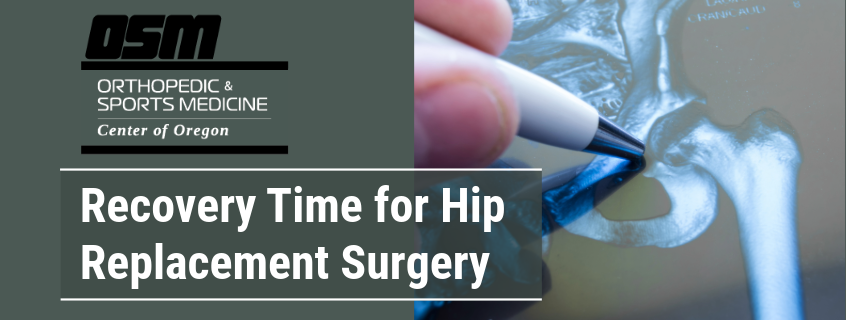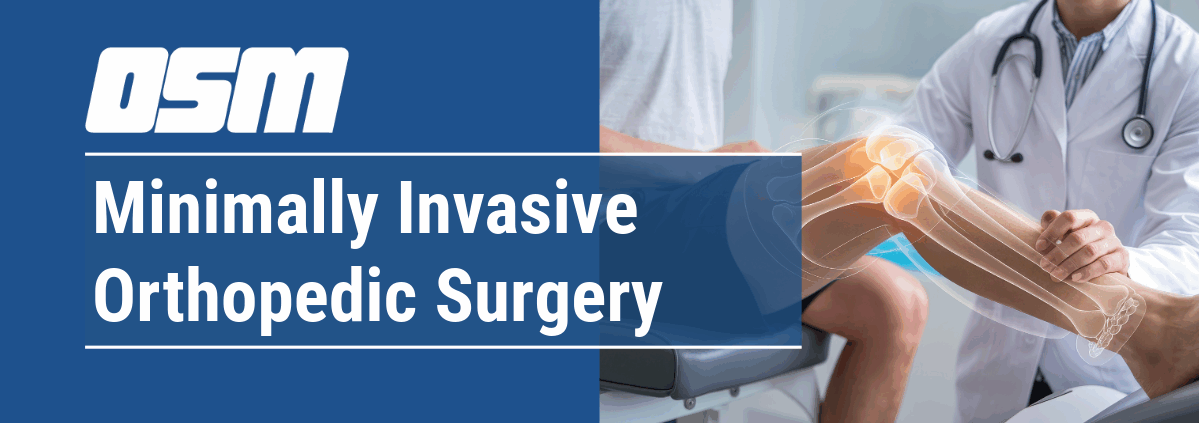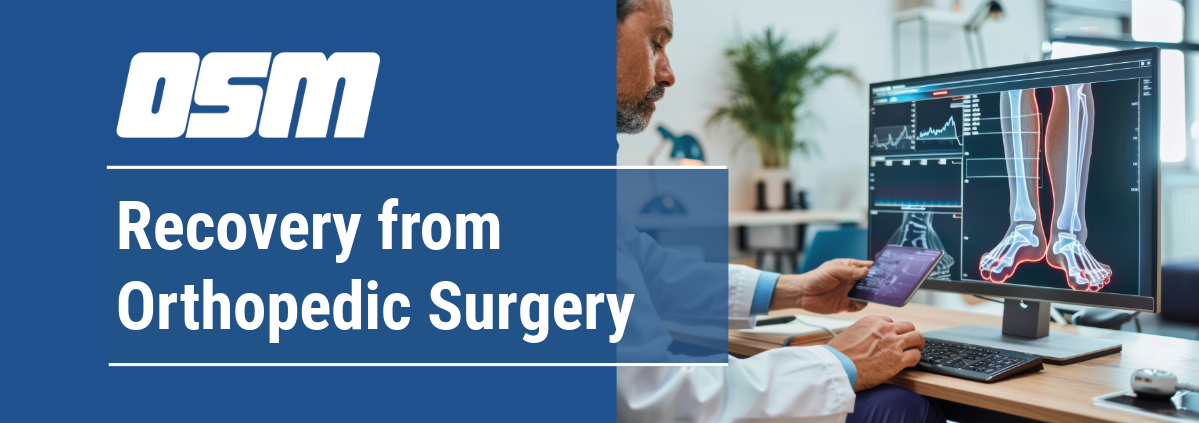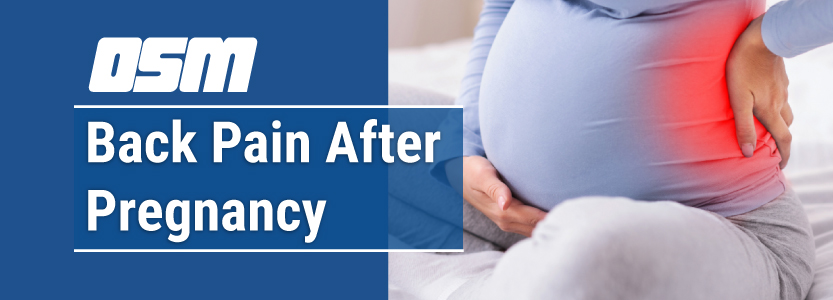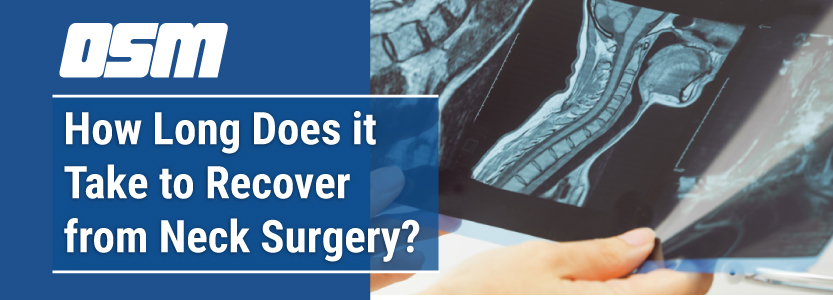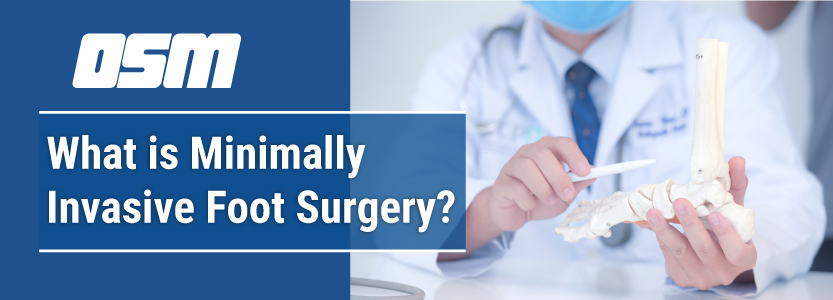Recovery Time for Hip Replacement Surgery
Article featured on OrthoNY
Overview of Hip Replacement Recovery Time
Recovery for hip replacement surgery begins nearly immediately after surgery, with patients encouraged to mobilize within hours of their procedures. Early recovery typically occurs within three stages spanning the first six weeks of hip replacement surgery. Milestones include walking without needing a cane or walker, returning to work, being able to drive, and resuming all normal activities.
Early Recovery Stages After Hip Replacement Surgery
Recovery from hip replacement surgery begins immediately. Our care team follows structured early-mobility protocols coordinated closely with physical therapy to help patients begin moving as soon as it is safe after surgery. In many cases, patients are assisted to stand, walk with support, and practice stairs within hours of their hip replacement. This early movement helps reduce the risk of postoperative complications and may shorten the hospital stay.
Spending extended time in bed after surgery increases the risk of complications such as blood clots, pressure injuries, and lung issues. By working with physical therapists early on, patients safely progress through sitting up, transferring to a chair, walking, and stair training, supporting both short-term recovery and long-term outcomes.
Beyond early mobilization, what can patients expect during the early part of their hip replacement recovery? While every recovery is unique, the following stages provide a general guideline.
Stage One: Day of Surgery
Hip replacement surgery is performed at our ambulatory surgery centers, and patients return home the same day. During their time at the surgery center, the care team manages pain and swelling, reviews post-surgical instructions, and works with patients to begin walking and stair training as part of established recovery protocols.
Before discharge, patients complete physical therapy milestones and receive clear guidance to support a safe and effective recovery at home.
Stage Two: Early Motion (Weeks 0 to 3)
Physical therapy is integrated into the treatment plan from the start of care and continues through the early recovery period. Patients receive guidance on exercises and safe movement strategies immediately after surgery, with a focus on restoring mobility, strength, and independence at home.
During the first few weeks, patients progress through structured movement goals with physical therapy support, which has been shown to reduce the risk of complications and support a smoother recovery.
This has been the standard since the Center for Medicare and Medicaid Innovation Center unveiled its Comprehensive Care for Joint Replacement Model in 2016. The research surrounding the CJR model found that not only was it safe to go home, but it can also reduce post-surgical complications.
During this stage, patients are allowed to participate in gentle and increasing activity levels. These often include completing rehabilitation exercises, attending physical therapy, showering with precautions, and walking short distances.
Stage Three: Late Motion (Weeks 3 to 6)
Patients will gradually increase their activity levels under the guidance of physical therapists and their orthopedic care teams. Goals during this stage include improving range of motion and regaining normal walking patterns while rebuilding strength.
Key Milestones in Hip Replacement Recovery
Early recovery milestones are built into the same-day care pathway and achieved shortly after surgery. Once initial mobility goals are met, patients transition home to continue building strength, confidence, and independence. Ongoing progress is measured by improved movement quality, increased activity tolerance, and greater ease with daily tasks as recovery advances through each stage.
Initial Milestones: Mobility and Pain Management (Weeks 0 to 4)
Walking with assistance from a walker or cane typically begins within 4 hours of surgery. Patients may still be taking pain medication as prescribed and applying ice to control swelling during this time.
Milestones:
- Walking short distances and navigating stairs
- Beginning physical therapy exercises
- Improving balance
- Experiencing increasingly reduced pain
- Regaining the ability to drive
Early Milestones: Increasing Independence (Weeks 4 to 8)
As recovery progresses, patients can reduce pain medications and gradually increase their activity levels. At this phase, increasing strength and range of motion continues to be a priority.
Milestones:
- Walking independently without needing a cane or walker
- Increasing activity levels under doctors’ guidance, including light housework
- Returning to work pending activity restrictions
Mid-Recovery Milestones: Building Strength (Weeks 8 to 12)
Patients continue building their stamina and strength, and many no longer need pain medications. Their gait and speed gradually return to normal during this time.
Milestones:
- Walking fully unaided for increasing amounts of time/distance
- Resuming hobbies and more strenuous low-impact exercise (under doctors’ guidance)
Long-Term Recovery Milestones: Resuming “Normal” Life (Weeks 12+)
By month three, many patients begin getting back to everyday life. However, they should consult their doctors before resuming normal activities and follow all recommended precautions.
What Influences Hip Surgery Rehabilitation Time
Three primary factors influence recovery time for many patients. They include age and overall health, the surgical approach, and the patients’ rehabilitation program. Let’s review each of these in more detail to see how they can impact the timeline for rehabilitation.
Patient Age and Health
The amount of time it takes to heal typically increases with age. Other factors, including illnesses like diabetes and heart disease, can disrupt circulation and wound healing. Body mass index (BMI) has also proven to be a significant factor in patient outcomes. Both overweight and underweight patients can experience increased complications after hip replacement surgery. In general, patients who are active and healthy before hip replacement surgery tend to recuperate faster.
Type of Hip Replacement Surgery
Hip replacement surgery can be performed using different surgical approaches, including posterior, anterolateral, and direct anterior. Each approach has distinct characteristics, and all are well-established techniques with low complication rates and similar long-term outcomes.
Hip replacement procedures are also defined by how much of the joint is replaced. In total hip replacement, both the femoral head and the socket are replaced. In a partial hip replacement, only the femoral head is replaced, while the socket is preserved. Regardless of approach or type, all patients have a low risk of dislocation and should avoid extreme ranges of motion during recovery. Patients with questions about their specific surgical approach should discuss them directly with their care team.
Rehabilitation and Physical Therapy
Regaining muscle strength is essential for a healthy recovery. Physical therapy helps patients safely resume normal movements and everyday activities, such as getting out of a chair initially or climbing stairs once they have healed enough to do so. Patients who do their exercises as recommended and take frequent short walks in their homes can help reduce potential complications and speed healing. Working with therapists, patients will increase activity levels and become stronger as they heal.
Having support at home is also crucial, particularly during the early stages of healing when patients may need help with bathing and other activities. Having an environment for healing with reduced fall risks and support with meals and medication management can help smooth the path forward.
When to Seek Evaluation for Delayed Hip Replacement Recovery
Everyone’s recovery is unique. However, if pain levels persist or mobility issues are prolonged beyond the typical timeline, it may be time for patients to contact their orthopedic teams. Delayed recovery could indicate a problem with the joint that needs further attention. For example, patients with hip pain that worsens after surgery, and those who fail to meet typical milestones, may require additional treatment.
Any signs of infection, including redness, pus, or other drainage, along with fever and/or chills, require immediate attention. Patients who experience shortness of breath or chest pain should call 911 immediately.
The Orthopedic & Sports Medicine Center of Oregon
The Orthopedic & Sports Medicine Center of Oregon (OSM) is an award-winning, board-certified orthopedic and sports medicine practice serving Lake Oswego, Portland, Scappoose, and surrounding Oregon communities. Our main clinic is located in Lake Oswego, with additional locations in Portland and Scappoose.
OSM provides comprehensive orthopedic care, sports medicine, spine care, joint replacement, foot and ankle surgery, hand and upper extremity care, and fracture treatment. Our physicians treat a wide range of conditions including sports injuries, arthritis, joint pain, spine conditions, ligament and tendon injuries, fractures, and degenerative musculoskeletal disorders using both surgical and nonsurgical approaches.
Our mission is to help patients return to pain-free movement, strength, and function through personalized treatment plans and advanced orthopedic techniques.
OSM Locations
Lake Oswego (Main Clinic)
17355 Lower Boones Ferry Rd, Suite 100A
Lake Oswego, OR 97035
Portland
5050 NE Hoyt St, Suite 668
Portland, OR 97213
Scappoose
51385 SW Old Portland Rd, Suite A
Scappoose, OR 97056
Phone: 503-224-8399
Hours: Mon–Thurs, 8:00am–4:30pm/ Friday 8:00am–1:00pm
If you are looking for experienced orthopedic surgeons, sports medicine specialists, spine doctors, or foot and ankle experts in Lake Oswego, Portland, or Scappoose, contact The Orthopedic & Sports Medicine Center of Oregon today.

